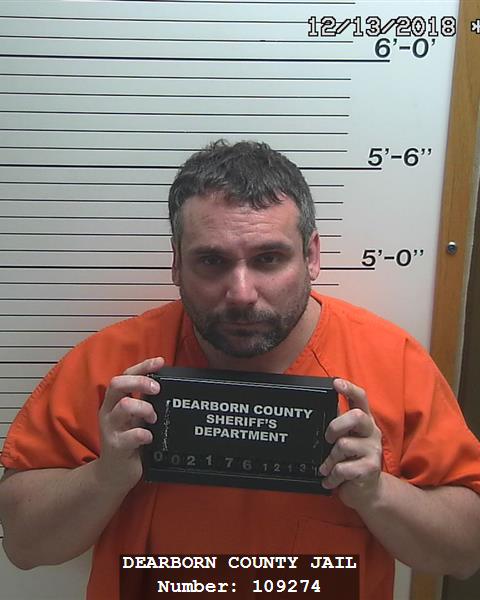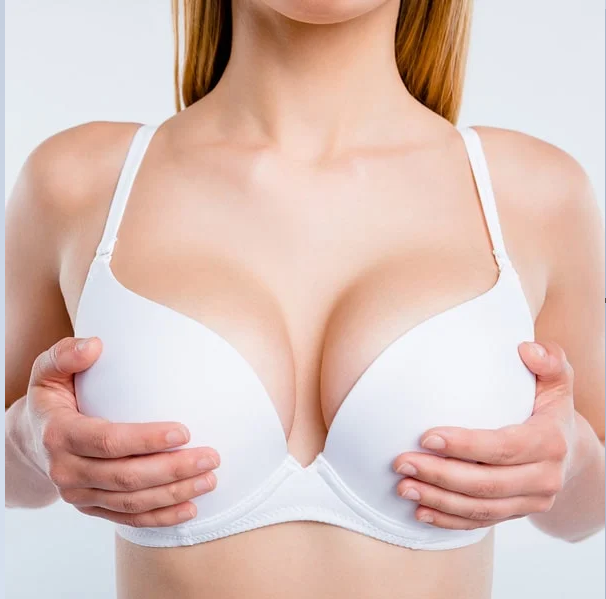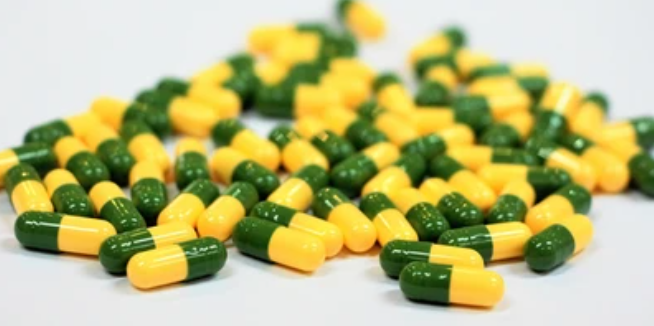Technology has drastically changed the way medical professionals practice medicine. With new advances in medical technology, medical professionals are now able to detect diseases faster, perform surgeries more accurately, and develop treatments that weren’t previously available.
Dr Charles Noplis is a renowned expert in this field and has been a professor at the University of Louisville School of Medicine from 2003 to 2008. In this blog post, we explore some of the cutting-edge medical technologies that are changing the landscape of healthcare as we know it.
AI-Assisted Diagnoses
One of the most promising new technologies in medicine today is artificial intelligence (AI). AI can be used to assist with diagnosing patients quickly and accurately. This technology uses algorithms to analyze data from patient records, lab results, imaging scans and more to help doctors diagnose conditions more efficiently and accurately than ever before. AI can also help provide personalized care based on each individual’s unique health history and needs.
Robotic Surgery
Dr Charles Noplis Robotic surgery is another cutting-edge technology that is revolutionizing the medical world today. This type of surgery uses robotic arms controlled by a surgeon to perform complex procedures such as minimally invasive surgeries or organ transplants with precision accuracy while reducing trauma to surrounding tissues and organs. Robotic surgery also allows surgeons to make smaller incisions than traditional open surgery, leading to shorter healing times for patients and fewer risks associated with large open incisions.
3D Printing
3D printing technology has a wide range of applications in the medical field as well, including creating custom prosthetics for amputees and developing implants that are tailored specifically for individual patients.
3D printing can also be used for creating models of organs or tissues so surgeons can practice difficult procedures before performing them on real patients in order to reduce risk during actual operations. It can even be used for printing drugs and medications so they are easier for patients to take when prescribed multiple medications at once!
Conclusion:
Medical technology is advancing rapidly, making it possible for doctors to provide better quality care more quickly than ever before.



